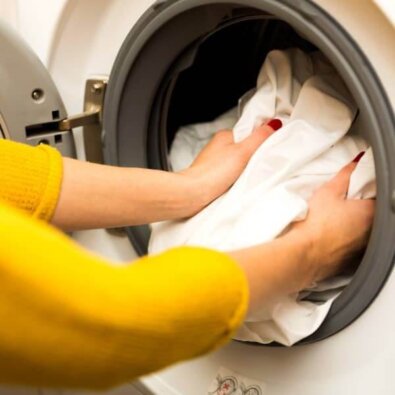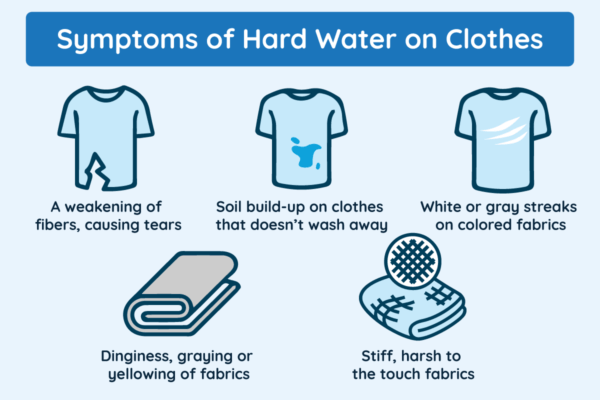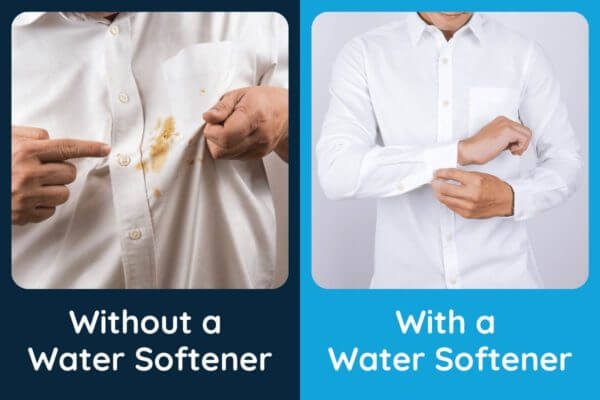Although city water receives municipal treatment, this treatment is largely ineffective at keeping iron, calcium and magnesium out of water. Most water plants don’t do much more than treat the water with chlorine or chloramine, which can eliminate iron from the water. However, it can’t remove calcium or magnesium.
Even if city water treatment does remove iron, the contaminant often still infiltrates the water after it’s left the water plant. This is because it often flows through old iron pipes on its way to your tap. As these pipes rust and wear away with time, little bits of iron break off into the water. Water line disturbances from construction can also increase the amount of contamination from these pipes.
For this reason, we recommend checking if old pipes might be contributing to the high amount of iron in your water. You can have a licensed plumber inspect the pipes in your home and check to see if your neighbors are having the same issues. If your neighbors are, then there’s probably a problem with the service lines in your region.





